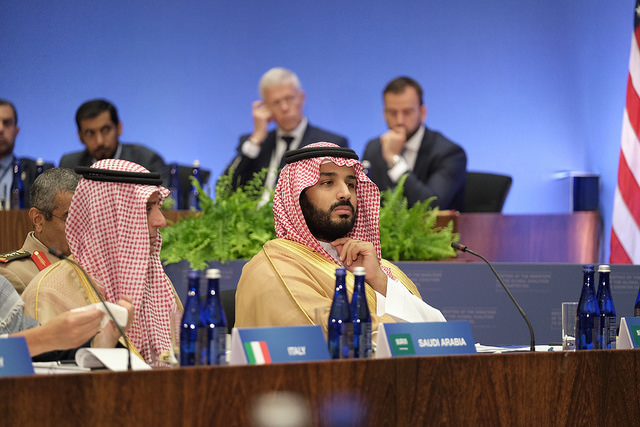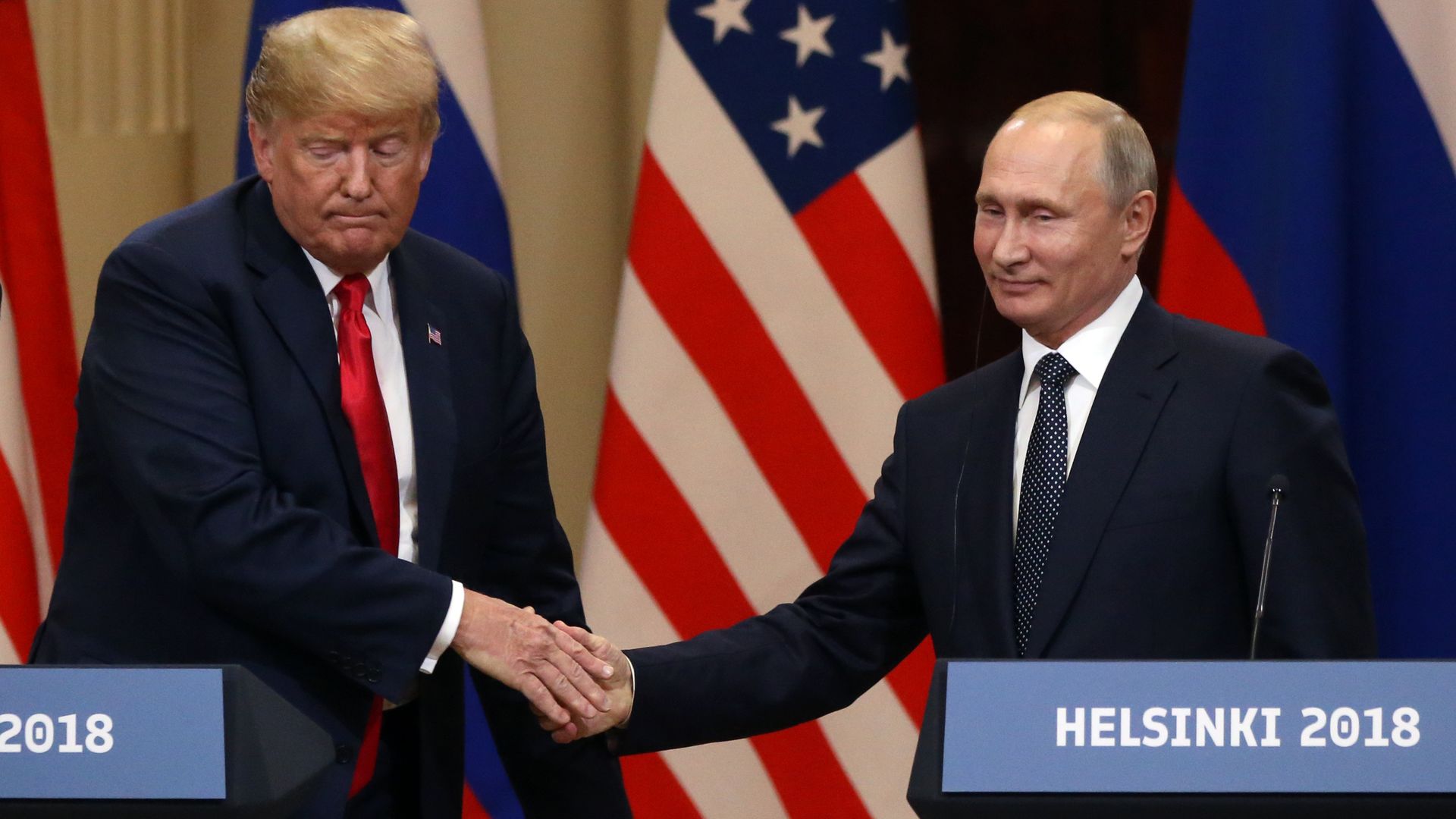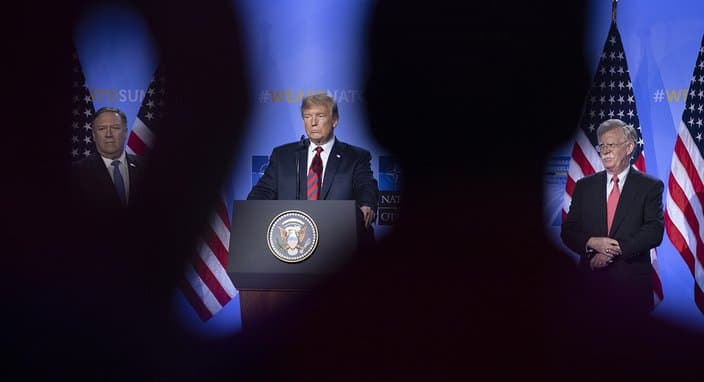TARA FRANCIS CHAN
 India is buying Sri Lanka's second-largest airport, despite it only handling a dozen passengers a day. China recently took control of a nearby port that opens up significant trade routes, and India is worried about China's growing role in the Indian Ocean. Experts say the $300 million investment by India is an attempt to limit China's ability to operate its port as a naval site. India plans to buy the world's emptiest airport in an effort to limit China's influence in the Indian Ocean. Designed to accommodate one million passengers per year, Mattala Rajapaksa International Airport - a vanity project by Sri Lanka's former President Mahinda Rajapaksa that opened in 2013 - is a complete dud and receives just a dozen passengers a day.Yet India is set to pay $300 million for a joint venture granting it a 40-year lease over the nearly 2,000-acre space in southern Sri Lanka that was once so empty it was used to store rice.
India is buying Sri Lanka's second-largest airport, despite it only handling a dozen passengers a day. China recently took control of a nearby port that opens up significant trade routes, and India is worried about China's growing role in the Indian Ocean. Experts say the $300 million investment by India is an attempt to limit China's ability to operate its port as a naval site. India plans to buy the world's emptiest airport in an effort to limit China's influence in the Indian Ocean. Designed to accommodate one million passengers per year, Mattala Rajapaksa International Airport - a vanity project by Sri Lanka's former President Mahinda Rajapaksa that opened in 2013 - is a complete dud and receives just a dozen passengers a day.Yet India is set to pay $300 million for a joint venture granting it a 40-year lease over the nearly 2,000-acre space in southern Sri Lanka that was once so empty it was used to store rice.









/arc-anglerfish-arc2-prod-mco.s3.amazonaws.com/public/JDO6OR5EYJCRHKOPHW3HY5ABN4.jpg)


/arc-anglerfish-arc2-prod-mco.s3.amazonaws.com/public/QX5UGF3IS5DV7HLHMEOFTMEYJE.png)

/arc-anglerfish-arc2-prod-mco.s3.amazonaws.com/public/6OSQMER6O5AOHJFYN36SHNWIS4.jpg)